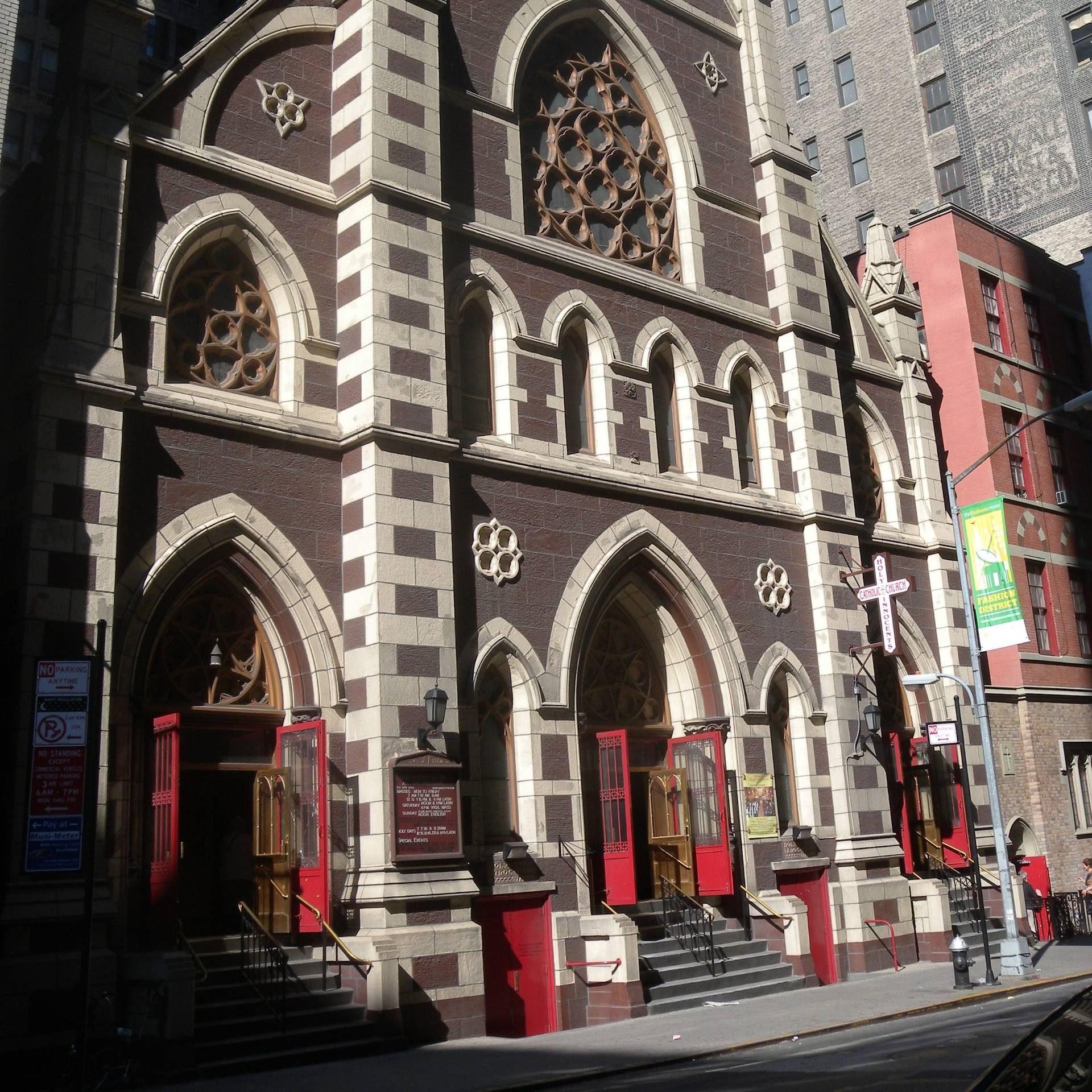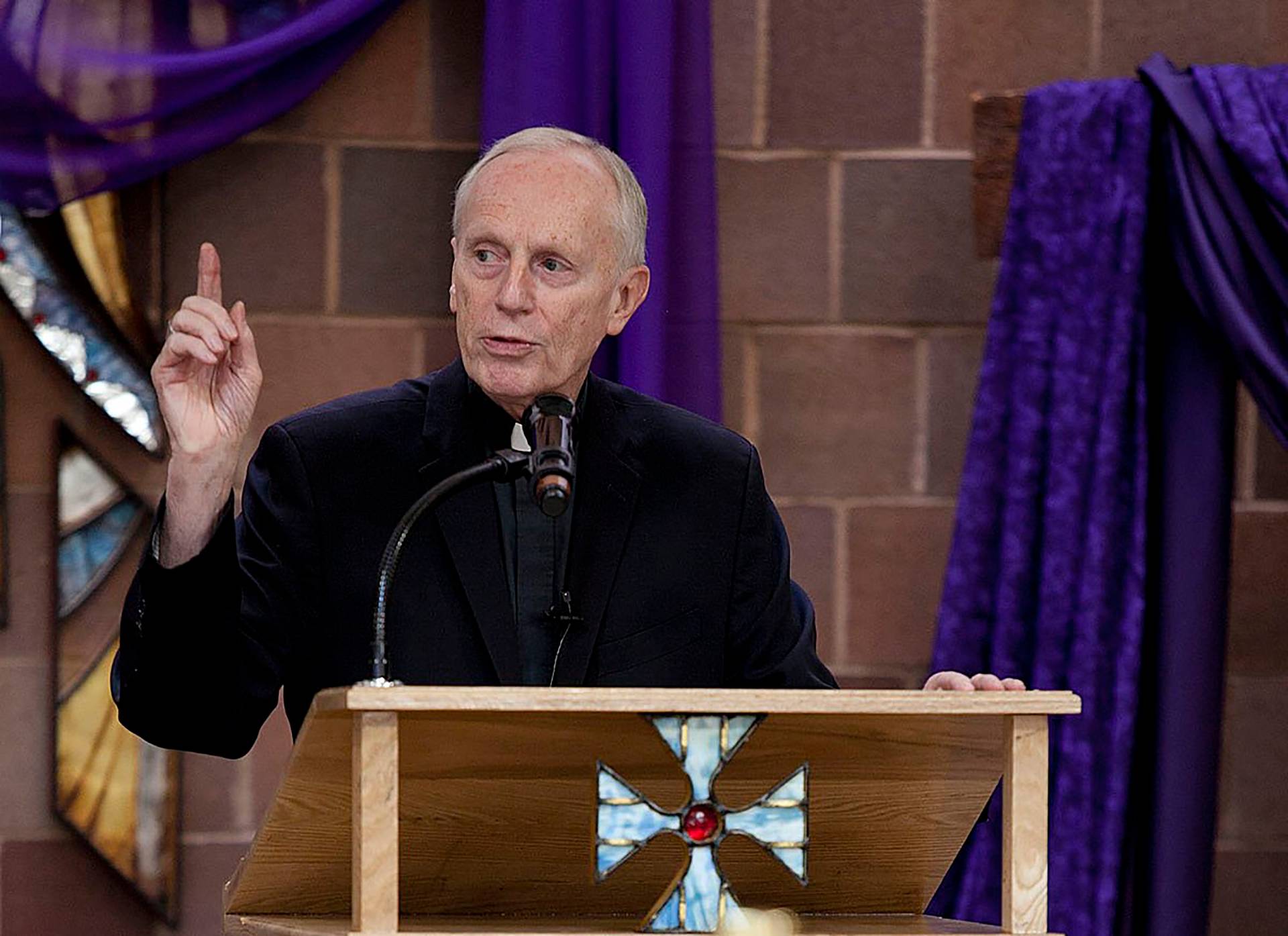In the wake of the Orlando massacre, Americans rightly find themselves asking– aside from the individual pathologies that may have haunted Omar Mir Seddique Mateen — if there’s an ugly undercurrent of hatred of LGBT persons in our society that contributes to such violence.
We also rightly fret over whether the actions of a lone deranged individual may stoke hatred of Muslims generally, the vast majority of whom are as horrified as everyone else.
In other parts of the world, similar dynamics unfold whenever acts of hate occur. If a synagogue is defaced in Eastern Europe, people there ask if they’ve truly exorcised the demon of anti-Semitism; if a black soccer player suffers verbal abuse during a match, Italians debate the residual effects of racism.
Those are not only legitimate questions, they’re a measure of the moral maturity of those societies, willing to be self-critical in order to ensure that prejudice does not have the last word.
One has to ask, however, if there are certain blind spots in that philosophy of “eternal vigilance is the price of liberty” – specifically, as it applies to assaults directed at Christian targets.
In just the last few weeks, here’s a partial rundown of what’s happened in various parts of the world.
- In Madrid, Spain, sometime between Tuesday night and Wednesday morning, an unidentified group of people broke into a chapel at the Universidad Autonoma de Madrid, leaving behind pro-abortion and pro-secularist graffiti on the walls, the altar and the tabernacle.
- Last week, hooded vandals looted the Church of National Gratitude in Chile’s capital city of Santiago during a student protest. The church is considered a national monument. The mob stole various items, including a large statue of the crucified Christ, which they took out into the middle of Bernardo O’Higgins Avenue, where they raised it up and slammed it against the ground to destroy it. Part of the attack was caught on camera.
- In Martigues, France, the altar at the Church of St. Madeleine-de-l’Île was set on fire in late May, while another unknown person desecrated a tabernacle containing consecrated hosts in the church at Jonquières in the same region.
- In Belgium on the afternoon of May 24, two deliberately set fires damaged a church in Mont-Sainte-Geneviève which dates from the 16th century. The first began in the sacristy. Firefighters had barely left the scene after managing to control the blaze when another, much bigger fire erupted on the church roof.
- In the Canary Islands, statues of St. Hermano Pedro, known as “St. Francis of the Americas,” and Our Lady of Candelaria, a black Madonna who’s the patron saint of the Canary Islands, were beheaded and a mountain-top shrine defaced roughly two weeks ago.
If you haven’t heard of these incidents, don’t blame yourself, as they attracted precious little media interest and virtually no condemnations from human rights groups.
To be clear, none of this is comparable to the assault on Pulse nightclub in Orlando that left 49 people dead, as no one was killed or even injured in these incidents. The common element, however, is an act of contempt targeting a specific group of people — and, of course, the longer non-violent prejudice goes unchallenged, the greater the odds become that at some point it will turn violent.
The question can’t be avoided: Why do attacks on gays, Muslims, Jews, and other minorities often generate a vast examination of conscience, while such acts directed at Christians generally provoke basic silence?
In part, perhaps, it’s because in the popular Western imagination, Christians are not perceived as a minority group, and therefore attacks on their spaces or symbols are viewed as legitimate political protest rather than hate speech.
Historically, Christianity has been seen in the West as a rich, powerful, culture-shaping majority, so the notion that Christians can be the victims of discrimination and persecution is a tough sell, and often strikes people as special pleading – perhaps a rhetorical gambit to distract attention from criticism of Christianity on matters such as women, abortion and contraception, and homosexuality.
The problem is, that perception has precious little relationship with contemporary reality.
Globally, there are 2.3 billion Christians in the world, and the greatest zones of growth for the faith are also places where religious freedom is more often honored in the breach than the observance – sub-Saharan Africa, parts of Asia, the Middle East.
The low-end estimate for the number of Christians killed each year for reasons linked to the faith is around 8,000, which works out to roughly one new Christian martyr every hour of every day.
Even in the West, the traditional cradle of Christendom, it’s no longer the case that Christianity is a socially dominant institution. Emeritus Pope Benedict XVI once got into hot water when, invoking a phrase from the historian Arnold Toynbee, he described the situation facing Christianity in the West today as that of a “creative minority.”
Critics thought Benedict was advocating a remnant church of the pure, but in reality he was making a basically descriptive observation about which way the cultural winds are blowing. Every measure of public opinion shows that while baptized Christians may remain a majority in most Western nations, those who practice the faith and accept traditional teachings are a distinct minority.
In other words, the days in which “anti-Christian prejudice” would have been a contradiction in terms in Western societies are long since over, and today Christians are as exposed to bias and hatred as other minority groups.
None of this is to suggest that Christian doctrine on some contested points isn’t open to debate, and none of it is to exempt Christians from responsibility for fostering prejudice towards others (sometimes inadvertently, sometimes, maybe, not so much.)
However, if Western societies want to confront the contagion of hatred across the board, they’re going to have to add Christians to the list of at-risk groups, and react with the same vigor to attacks on their symbols and members as they do for others.
Failing that, not only will the soul-searching be incomplete, but those societies risk alienating a swath of their own populations needed to fix the bigger problem.


















